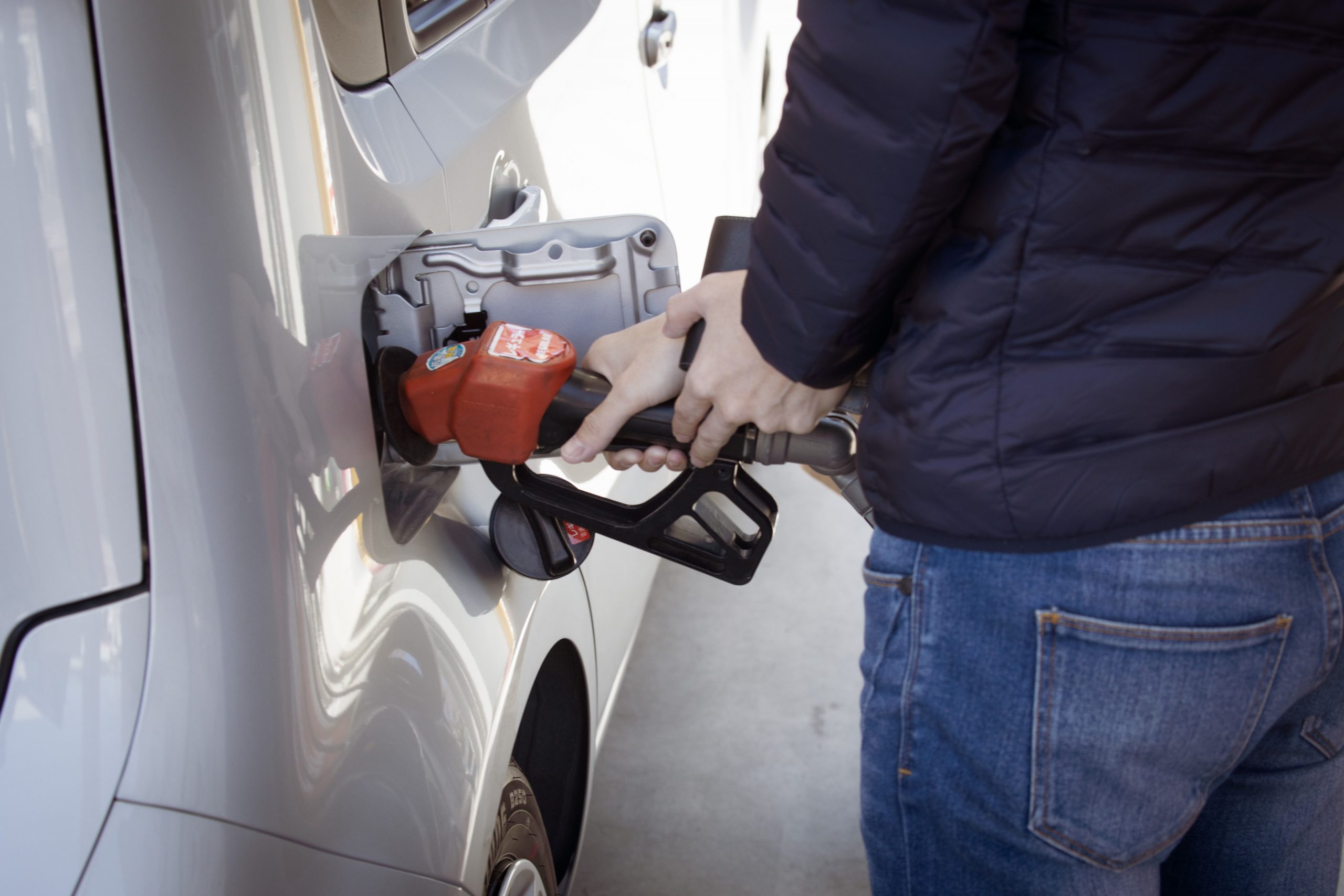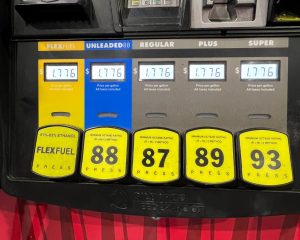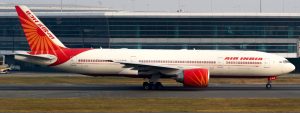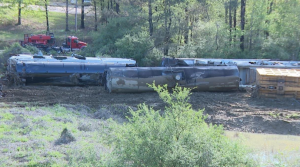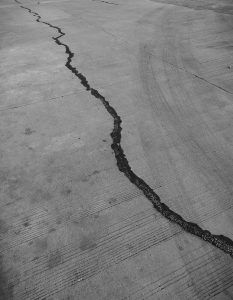On Friday, October 1, Petrol and diesel prices in India touched new highs as global oil prices hovered near three-year highs. According to the Indian Oil Corporation (IOC), prices of petrol in the national capital have increased by 25 paise, from Rs 101.64/litre to Rs 101.89 /litre, while diesel prices have increased by 30 paise, from Rs 89.87/litre to Rs 90.17/litre.
The new price of petrol in Mumbai is 107.95 rupees per litre, while diesel is 97.84 rupees per litre. This is the third hike in petrol prices and the sixth in diesel prices since the conclusion of a three-week rate revision pause.
Also Read| Britain fuel crisis: Motorists urged not to use water bottles for hoarding
Crude oil prices have risen sharply in recent weeks, forcing state-owned oil firms to raise petrol and diesel prices. While crude oil prices have fallen in the last two days, a Goldman Sachs study suggests that it might cost $90 per barrel by December. For India, the situation is concerning because it is one of the world’s major oil importers, and increased crude oil prices would result in a significant increase in petroleum products.
Also Read| Explained: Why the UK is experiencing fuel crisis
Experts have expressed worry about increasing fuel prices, which have already pushed several businesses to hike their pricing. This is because rising fuel prices have a direct influence on the input cost of making or delivering a product.
Also Read| Fuel shortages put Lebanon on slippery slope to mayhem
The fact that fuel costs are rising during the crucial third quarter when demand is high, could considerably slow the rate of economic recovery as consumer mood suffers.
Also Read| Sensex declines over 500 points while Nifty drops below 17,500 in early trade
Despite the concerns, the Centre and state governments have said clearly that fuel taxes would not be reduced. It should be mentioned that India has one of the world’s highest fuel taxes.

